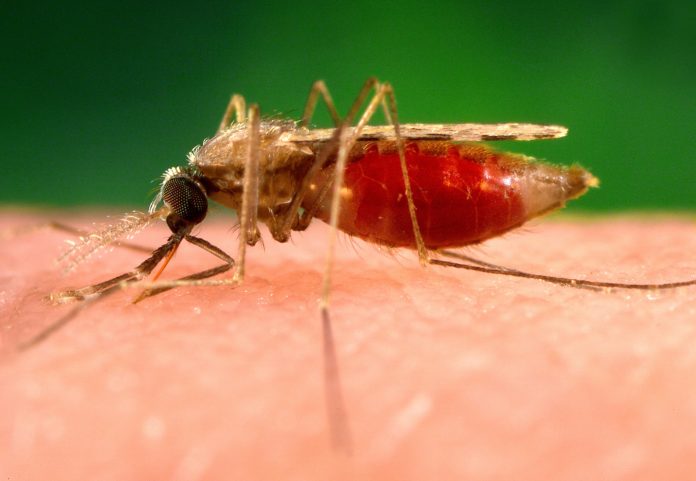Two studies in The Lancet Infectious Diseases reveal that 80% malaria parasites in these countries are resistant to both artemisinin & piperaquine
Multidrug-resistant forms of Plasmodium falciparum parasites, the most lethal species causing human malaria, have evolved even higher levels of resistance to antimalarial drugs and spread rapidly since 2015. They have become firmly established in multiple regions of Cambodia, Laos, Thailand, and Vietnam, where they are causing alarmingly high treatment failure rates to a widely used frontline malaria drug combination.
The findings of two studies (1 & 2), published in The Lancet Infectious Diseases journal, reveal that by 2016–2018 malaria parasites resistant to both artemisinin and its widely used partner drug piperaquine represented more than 80% of the parasites circulating in northeast Thailand and Vietnam, despite having only emerged in western Cambodia in 2008.
These rapidly spreading parasites have also acquired new resistance mutations linked with even higher rates of treatment failure, causing failures to one of the newest and most powerful frontline drug combinations (dihydroartemisinin-
More than 200 million people are infected with the malaria parasite P falciparum, which is responsible for 9 out of 10 deaths from malaria. Worldwide, antimalarial efforts are mainly dependent on artemisinin combination therapies (ACTs) that pair artemisinin with one of six partner drugs to complete parasite clearance
“These worrying findings indicate that the problem of multidrug resistance in P falciparum has substantially worsened in southeast Asia since 2015”, says Professor Olivo Miotto from the Wellcome Sanger Institute and University of Oxford, UK who co-led the genomic epidemiology study. “This highly successful resistant parasite strain is capable of invading new territories and acquiring new genetic properties, raising the terrifying prospect that it could spread to Africa where most malaria cases occur, as resistance to chloroquine did in the 1980s, contributing to millions of deaths.”
With DHA-PPQ now providing ineffective treatment and promoting the spread of resistance, the authors of a multi-country randomised trial led by Professor Arjen Dondorp from the Mahidol Oxford Tropical Medical Research Unit in Thailand, call for this commonly used frontline combination therapy to be abandoned in the eastern Greater Mekong Subregion (Cambodia, southern China, Laos, Myanmar, Thailand, and Vietnam), even in areas where resistance has only just started to emerge.
“With the spread and intensification of resistance, our findings highlight the urgent need to adopt alternative first-line treatments”, says Professor Tran Tinh Hien from the Oxford University Clinical Research Unit in Vietnam co-author on the clinical study. “One option is to switch the partner drug piperaquine to a drug that is currently effective such as mefloquine or pyronaridine—as Cambodia and Thailand have already done. But there is a possibility that in the presence of artemisinin resistance, resistance to these partner drugs might develop rapidly as well. Another option is to use triple ACTs, in which an artemisinin is combined with two partner drugs instead of one.”
According to Professor Mallika Imwong from Mahidol University in Thailand co-author on the genomic epidemiology study: “To stay one step ahead, continued surveillance, including genetic surveillance, is needed to map the spread of resistance in real time, so other countries can act quickly and switch drugs if needed.”
More than 200 million people are infected with the malaria parasite P falciparum, which is responsible for 9 out of 10 deaths from malaria. Worldwide, antimalarial efforts are mainly dependent on artemisinin combination therapies (ACTs) that pair artemisinin with one of six partner drugs to complete parasite clearance. Introduced in Cambodia in 2008, DHA-PPQ was initially effective, but by 2013, malaria parasites had become resistant to both drugs in western Cambodia. Since then, these resistant strains have spread to other parts of Cambodia, Thailand, Vietnam, Myanmar, and Laos.


